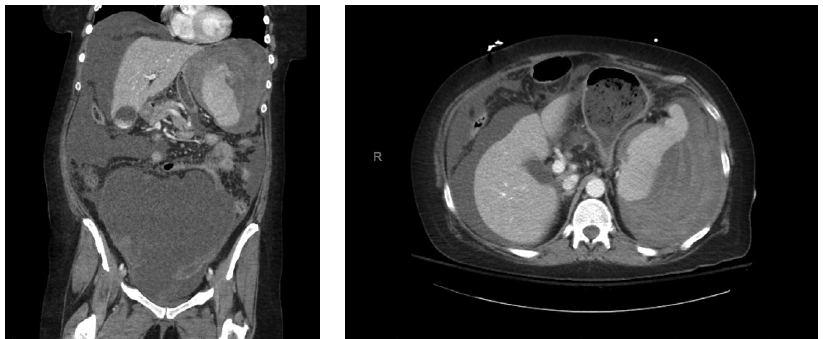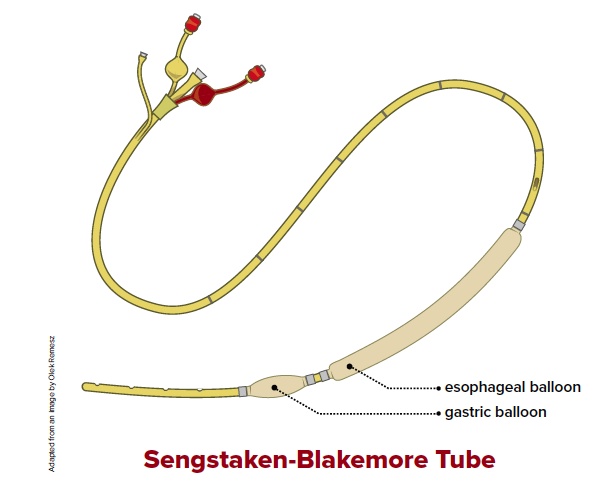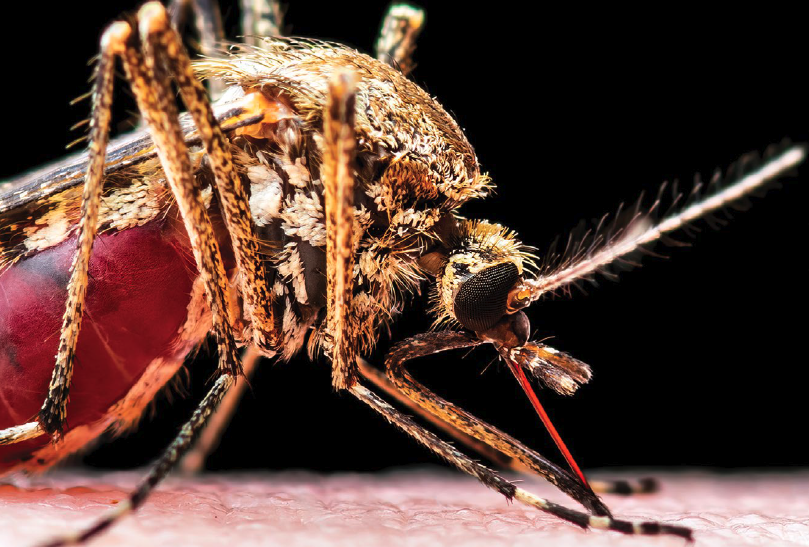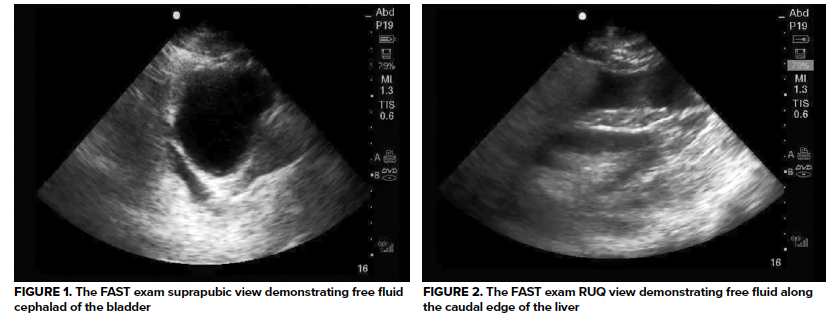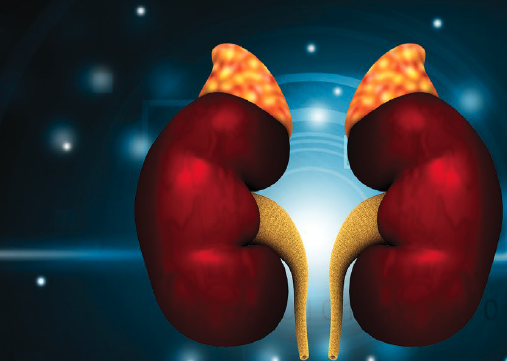Browsing: Clinical

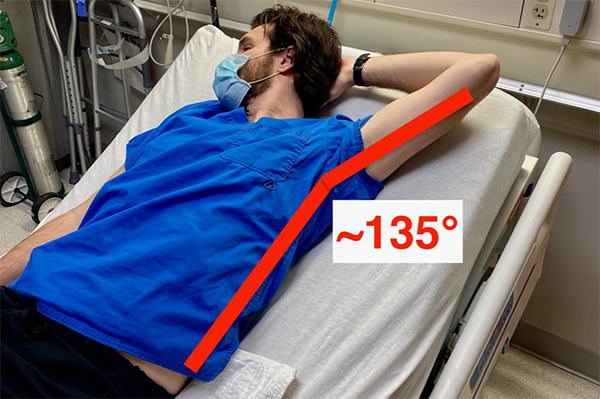

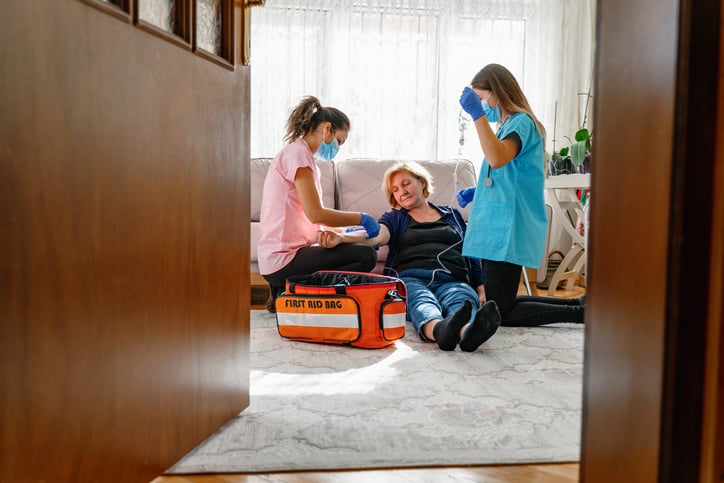
Prehospital Care
,
Administration & Operations
Community paramedicine and mobile integrated healthcare are forming a new paradigm. Using paramedics to evaluate and treat medically complex elderly patients in the home setting could have wide-reachi
Using Home-Based Community Paramedics to Optimize Emergency Department Utilization for High-Risk Elderly Patients
2/12/2022 Nicholas Cozzi, MD, MBA , Gilbert Nelson, DO , Michael J. Rushton Jr., DO , Philip M. Fennema, EMT-P, CCP , Chad Barnhart, MD, EMT-P , Sean Anderson , Todd Chassee, MD, FACEP , Jeffrey S. Jones, MD, FACEP